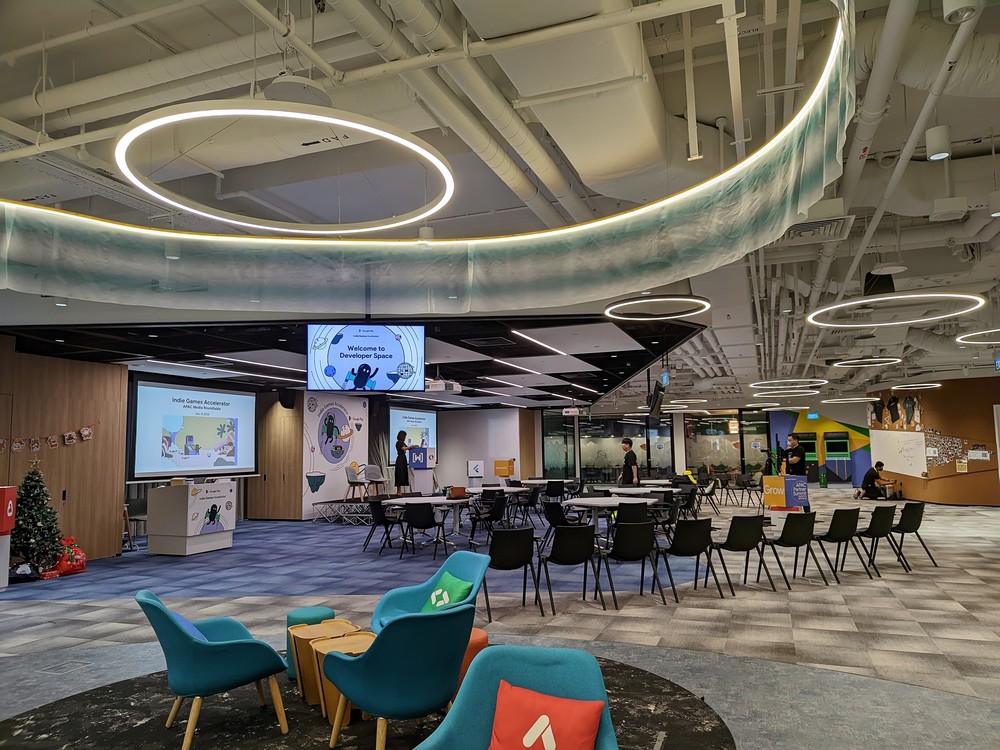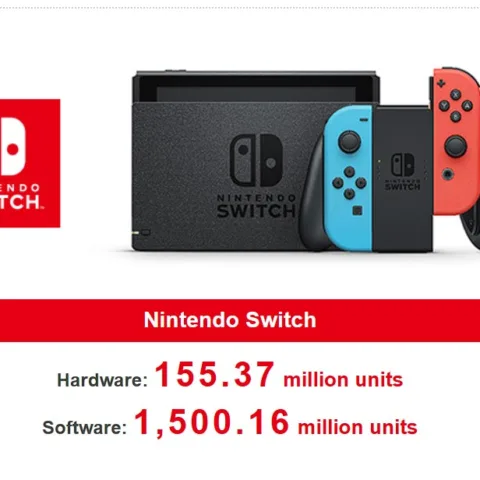BuildConf was held this past week from Monday to Wednesday. Organized by three Indonesian developers, the three day workshop at Binus International University in Jakarta focused on getting Indonesian developers, mostly students, to be familiar with the practices commonly used by developers in the United States.
Aditya Herlambang, Benny Tjia, and Hendry Rusli returned from the US recently and had been setting up their own companies in Indonesia when they realized that there’s a disconnect in the way they approach software development versus the way their potential recruits did it. They also had to deal with cultural and behavioral differences which they still need to adjust to.
Benny Tjia, formerly of Yammer and later Microsoft, said of running a startup in Indonesia, “talent is obviously a major issue. Online business and cloud concept is still a new subject here. This is made harder by the fact that most people don’t find that working at tech startup is an interesting and rewarding thing, while the public infrastructure (affordable small offices, legal stuff) is not adequate”.
Tjia runs Bornevia CRM, building a collaboration and customer relationship management software for the workplace with his partner TJiu Suryanto. The company has yet to launch its product but already received an early stage angel investment to kickstart development.
For Aditya Herlambang who worked for newsreader app Pulse which was acquired by LinkedIn, the biggest challenge is understanding the market. “Indonesia’s internet consumer behavior are totally different than the U.S, I think mostly because of the cultural differences. In the U.S people don’t mind trying out new products, but in Indonesia people are reluctant to do so as they’re scared of being scammed”.
Aditya Herlambang is the co-founder and CTO of Shopious Indonesia, a social shopping marketplace which relies on algorithms and preferences to determine a shopper’s taste based on existing items on the store and past purchases.
Being a former senior developer at Pulse and LinkedIn, Herlambang knows a thing or two about efficient coding. While he finds most Indonesian developers he’s met skilled in using their tools, he doesn’t think that they have mastered them. “Most Indonesian software developers know how to learn tools quickly, but being a great software developer means knowing how to write clean and maintainable code that others can read and understand”.
“It’s not all about having a solution that works, but it’s about having a solution that works, bug free, robust, and solid. These kind of skills are lacking in software developers in Indonesia”, Herlambang said.
A number of local software developers might disagree with this statement, so we asked Didiet Noor, Developer Evangelist at BlackBerry. He said, “usually Indonesian developers learn coding on their own, don’t understand software engineering, build apps individually instead of with a team, and they learn things backwards”. What did he mean by backwards? “They code first and then they learn about software engineering”.
According to Hendry Rusli, who was an engineer at Motorola Solutions, product ownership is one thing that Indonesian developers lack, as if they don’t care enough about their products. “Another thing that I can see is lack of exposure to new trendy technology for development”. Rusli returned to Indonesia in 2010 and now works as a software and technology consultant at Code-O which works with various other companies to refine and polish their applications, websites, and other software products.
During the intensive three day workshop, participants were introduced and trained to use tools such as Twitter bootstrap, the ins and outs of iOS development, using Apache vs NginX, mySQL, MongoDB, PHP CodeIgniter, web security, various optimization techniques, and many more. Each session lasted between 1-2 hours including hands on activities.
The three organizers are keen to take BuildConf beyond the first iteration, but given that they also have their own companies and responsibilities, they need to be able to set aside time to prepare, organize, and run the next event.
All three of them are hoping that BuildConf can be a regularly held community event every few months for developers to show off their hacks or apps and not just at Binus but also taking the event to other campuses and locations to an even greater audience so local developers can sharpen their skills even further.










